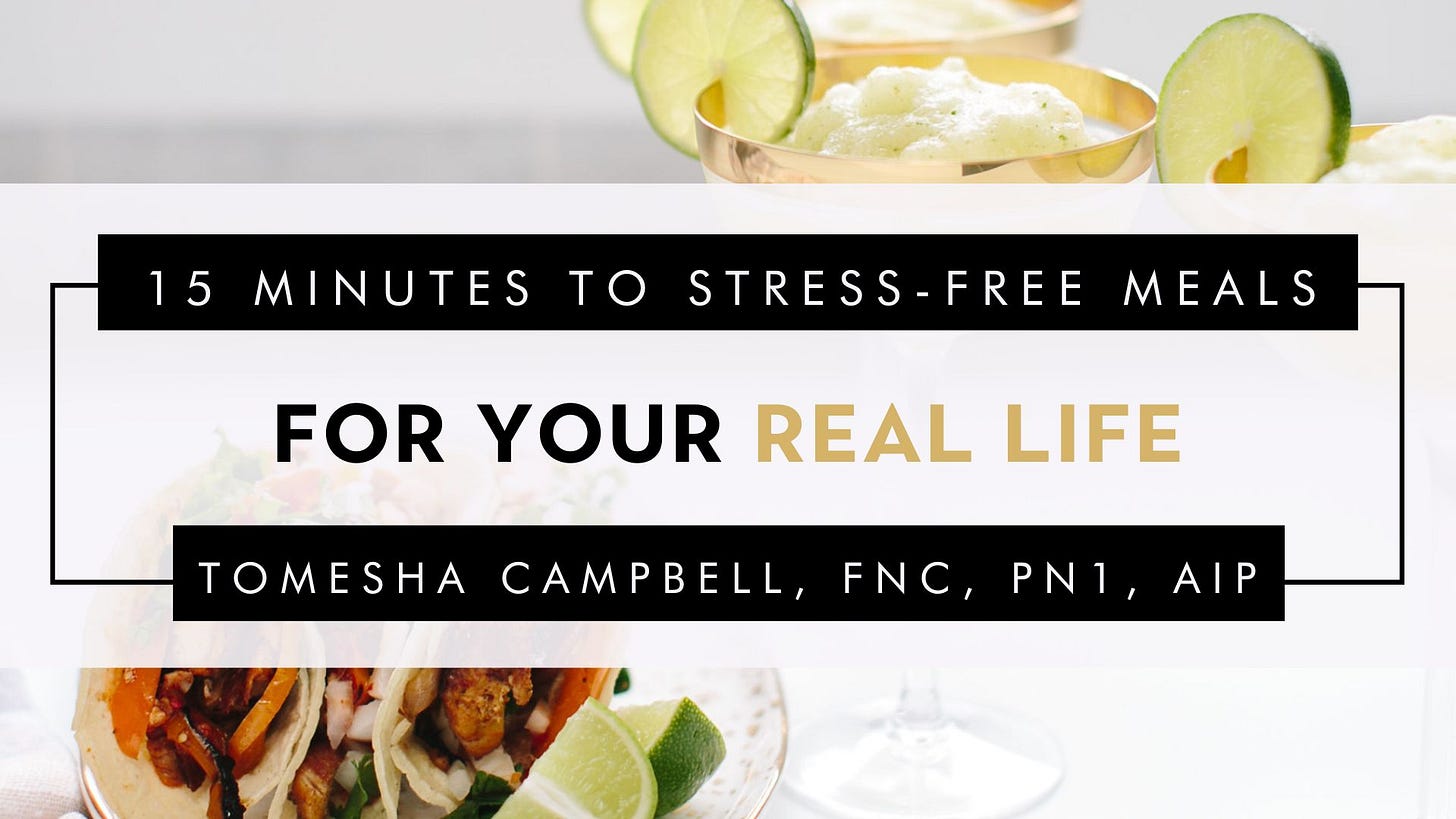Beyond “Food as Medicine”: Why Access, Affordability, and Culture Matter
How the Gates Foundation’s $2.5 Billion Commitment and BIPOC-Led Programs Highlight the Gaps We Still Need to Fill
The Gates Foundation just committed $2.5 billion to women’s health research and development (R&D), and for once, I’m thrilled to be wrong that 2025 isn’t a complete crap shoot. As Dr. Anita Zaidi, the president of the Gates Foundation’s Gender Equality Division, mentioned in the press release, women have suffered from health conditions because their voices haven’t been prioritized in R&D. Women’s R&D is generally vastly underfunded, with areas like nutrition receiving limited investment.
The Gates Foundation's focus on maternal health and nutrition highlights its recognition that those, too, go hand in hand. Supporting healthier pregnancies and newborns means that mamas need adequate nutrition. Considering the maternal health crisis in the U.S., it’s evident that work needs to be done in this area—period.
This also highlights that this is part of a larger problem: Healthy eating isn’t just about choice.
As a health coach, I struggle with this reality more than I want to admit. In theory, we should all have access to the foods we need to thrive. But we all know that is not the case. The truth is, healthy eating isn’t about choice, but availability, affordability, and cultural relevance.
If you’re living in a food desert, your availability to fresh produce will look vastly different than someone who lives on a farm.
Where you shop can significantly impact how affordable food is for you and your family.
Cultural relevance impacts our food choices and preferences, whether we realize it or not.
Therefore, healthy eating is not just about eating organic, grass-fed, wild-caught foods. Approaching healthy eating from a truly inclusive lens recognizes that availability, affordability, and cultural relevance can be significant barriers.
However, produce prescription programs has been an area of investment that positively impacts nutrition improvement.
A 2025 Health Affairs article highlighted how Black, Indigenous, and People of Color-led produce prescription programs have been uniquely effective regarding availability, affordability, and cultural relevance. This is partially because these programs are deeply connected to their communities. In addition, BIPOC-led organizations push for policy changes, shift power back to community members, and bring visibility to cultural connections in food.
But, they’re also underfunded, underrecognized, and held to standards that don’t reflect our realities.
While many BIPOC-led produce prescription programs are effective, they are small, so they don’t get the national recognition their larger colleagues receive. Metrics like body mass index (BMI) miss the point in BIPOC communities, where food connects to identity, resilience, and trust, not just numbers on a scale. Therefore, utilizing criteria relevant to the lived realities of the people being served is an area that requires improvement.
These same barriers appear in everyday kitchens, where planning meals that nourish body and culture can feel like an uphill battle.
In my upcoming masterclass, 15 Minutes to Stress-Free Meals for Your Real Life, I’ll share how you can overcome the barriers many of my clients have faced regarding eating healthy.
In this free masterclass, you’ll learn how to:
Feel confident about every meal you eat, without guilt or second-guessing.
Create a plan that truly supports your health and wellbeing while fitting into your real life.
Free up more time and mental energy by planning your week’s meals in just 15 minutes.
Save your spot here >> enhanceblackwomenshealth.com/masterclass
Whether using food as medicine or simply feeding yourself without stress, this masterclass offers a flexible, culturally grounded strategy to get you there, with no guilt, rules, or wasted food.
Our food is more than just fuel, but connection, culture, and care! Let’s make space for that in planning, prep, and nourishment.
See you in class!
Tomesha
P.S. Show-up LIVE and you’ll receive my 15-Minute Meal Plan Cheat Sheet, a printable planning tool and 5 meal ideas that help you bring what you learn to life (fast!)




Love all of this! Such good info and a necessary topic.
So interesting about the produce subscriptions. Loving this article, so much good info in here! Thank you for pulling it all together.